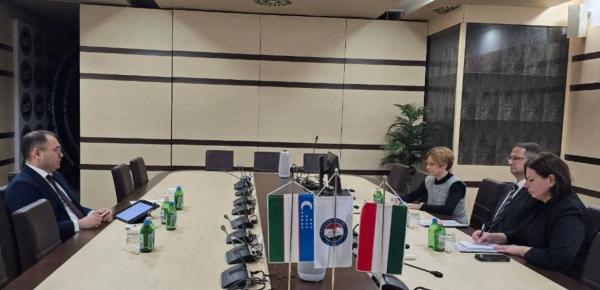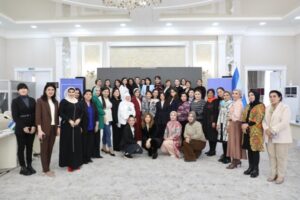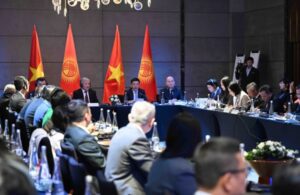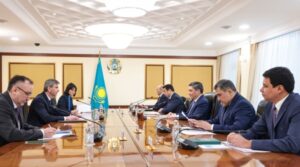Ambassador of Uzbekistan Oybek Shakhavdinov met with General Sandor Gombios, Director General of the National General Directorate of the Police for Foreigners of Hungary, to discuss cooperation in the field of migration, as it was reported by news agency Dunyo.

The discussions focused on finalizing an agreement on readmission and economic mobility to ensure the legal status of labor migrants from Uzbekistan. General Gombios noted that, starting January 1, 2025, only citizens of countries with such agreements will be permitted to work in Hungary. The agreement aims to establish legal and organizational frameworks for the legalization of migrants.
Hungary also expressed its readiness to host a delegation from Uzbekistan early next year to further discuss the details of the agreement.
Migration Policy Changes in Other Countries
Lithuania plans to introduce quotas for workers from non-EU countries beginning in 2025, limiting them to 1.4% of the country’s permanent population. In 2023, Lithuania issued approximately 80,000 temporary residence permits, a significant increase from 10,000 in 2017. Belarus, Ukraine, Uzbekistan, Kyrgyzstan, and Tajikistan remain the primary countries of origin for migrants in Lithuania, with most migrants classified as non-highly skilled workers.
Russia is also tightening its regulations on foreign labor. Starting in 2025, migrants will be prohibited from working in 82 economic sectors in the Tver Region, including IT, housing and communal services, tourism, and science. Similar restrictions are set to take effect in the Irkutsk, Omsk, and Moscow regions.




